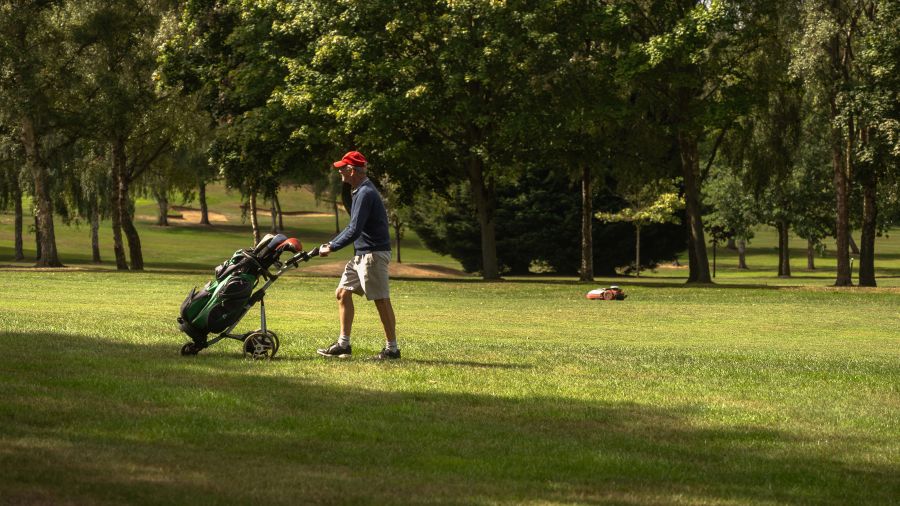Sustainability is no longer a side consideration for golf courses and large turf facilities—it’s becoming a central priority.
Rising energy costs, increasing environmental regulations, and growing expectations from players and communities are all shaping how greenkeepers manage their landscapes. One technology attracting attention is the Kress RTKn robotic mower, which combines automation with zero emissions.

Unlike traditional petrol-powered equipment, the RTKn runs quietly and without exhaust fumes, helping courses significantly reduce their carbon footprint. Estimates suggest that an 18-hole golf course could lower emissions by as much as 10 tons annually by making the switch.
Performance is a crucial factor in turf care, and these robotic mowers are designed to operate reliably in varied conditions, including wet weather. This flexibility ensures consistent results even during periods of rapid grass growth.
The benefits extend beyond efficiency. With near-silent operation, mowing can take place at times that would be disruptive with conventional machinery—early in the morning, during play, or overnight. Automation also reduces staff exposure to machinery risks, adding a layer of workplace safety.
Perhaps most importantly, the RTKn supports healthier turf. Regular, gentle cutting promotes denser grass growth, while early-morning operation can reduce soil compaction and manage challenges like worm casts and mole activity.
For greenkeepers balancing sustainability, playability, and cost control, robotic mowing represents a forward-looking option. Kress RTKn technology may not only help reduce emissions but also provide long-term operational savings and improved turf resilience—an investment in the future of the game as much as the grounds it is played on.







